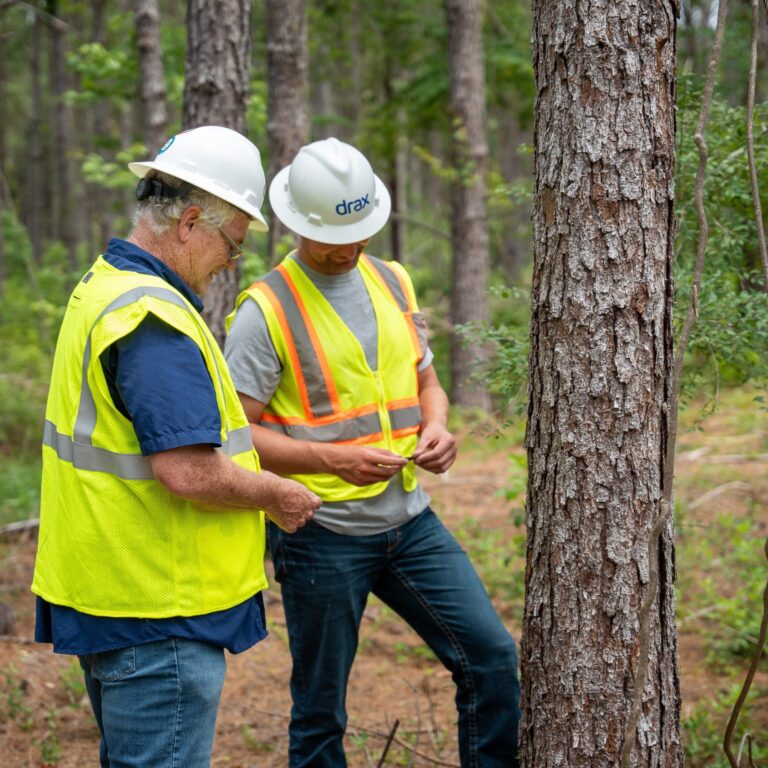By Richard Gwilliam, UK BECCS Programme Director
Decarbonising our economy is critical to fighting climate change and meeting net zero by 2050.
In the UK, we have made strong progress in creating a greener electricity grid. We have gone further and faster than any other G7 country to transition to lower carbon power generation. That is a record we can be extremely proud of.
At Drax, we have played a key role in this journey by converting Drax Power Station from being the largest coal-fired electricity generator in the UK to the country’s biggest single source of renewable power.
By using sustainable biomass to generate electricity the carbon emissions of the North Yorkshire site have dropped by 99%. Drax Power Station is now in its 50th year of operation and contributes to UK energy security.

Our four generating units can provide up to 2.6GW of dispatchable, secure, renewable power to the country’s grid, at the times the country needs it most, such as when the wind doesn’t blow and the sun doesn’t shine.
But we are not stopping here.
We plan to help accelerate the decarbonisation of the UK’s electricity system by adding the carbon removals technology, bioenergy with carbon capture and storage (BECCS), to Drax Power Station. BECCS is the only technology which can generate renewable power while removing carbon dioxide from the atmosphere.
The International Energy Agency, the UK’s Committee on Climate Change and National Grid ESO all say that BECCS will have to play an important role in delivering net zero and ensuring the UK can reach its legally binding fifth and sixth carbon budgets.
Adding BECCS to the power station would also ensure that we can support the major political parties’ plans for grid decarbonisation and for delivering largescale engineered carbon removals.
The two BECCS units we want to deliver could remove 8 million tonnes of carbon dioxide from the atmosphere per year. In carbon terms that is equivalent to taking 3 million cars off the UK’s roads or stopping all departing flights from Heathrow.
Analysis from economic consultancy Baringa has shown that with BECCS at Drax Power Station it will cost £15bn less to reach net zero by 2050 compared to other more complex measures to meet the target.
However, to deliver the project we will need to secure the right support from the next Government, including a bridging mechanism from the end of current renewable schemes in 2027 to BECCS operations starting in 2030.
With this in place we could invest billions in delivering BECCS, creating up to 10,000 jobs during construction. We also intend to source 80% of the materials for the project from British suppliers helping support economic growth across Yorkshire and the Humber and nationally.
Delivering BECCS at Drax Power Station will be a further milestone in the UK’s decarbonisation providing long-term energy security, carbon removals and economic development in the heart of Yorkshire and the Humber.












